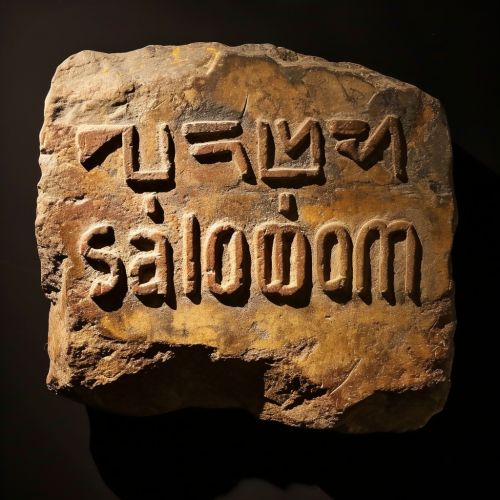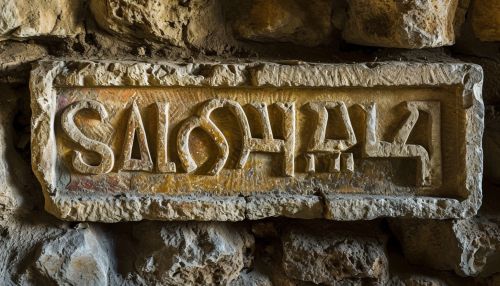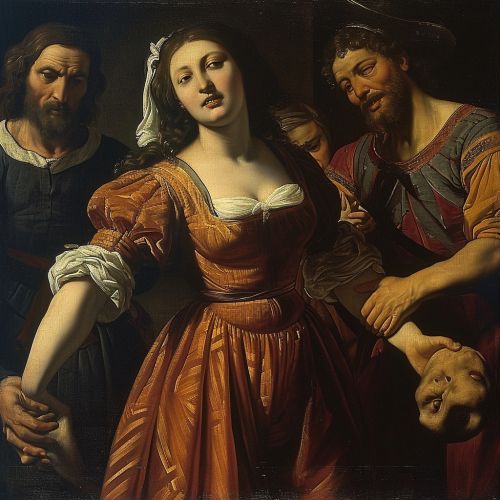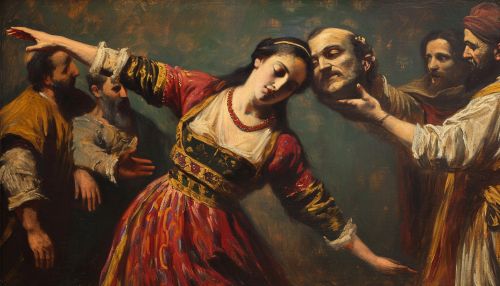Salomé
Origins and Etymology
The name Salomé originates from the Hebrew term "שלומית" (Shlomit), which translates to "peaceful". In the New Testament, the name is given to several women, the most notable being Salomé, the daughter of Herodias, who is infamous for her role in the execution of John the Baptist. The name has been used in various forms across different cultures and languages, including Salome in English, Salomé in French and Spanish, and Salomea in Polish.


Historical Figures
Several historical figures bear the name Salomé, each contributing to the rich tapestry of its history and cultural significance.
Salomé in the Bible
In the New Testament, there are two prominent women named Salomé. The first is Salomé, the mother of the apostles James and John. The second, and more infamous, is Salomé, the daughter of Herodias and stepdaughter of Herod Antipas, who is known for her dance of the seven veils and her request for the beheading of John the Baptist.
Salomé in History
Beyond the biblical context, the name Salomé has been borne by several notable historical figures. These include Salomé Ureña, a distinguished 19th-century poet from the Dominican Republic, and Salomé Zourabichvili, the current President of Georgia.
Cultural References
The name Salomé, particularly in reference to the biblical figure, has been a recurring motif in various forms of art and literature, often symbolizing dangerous female seductiveness.
In Literature
The biblical Salomé's story has been retold in numerous literary works. Perhaps the most famous is Oscar Wilde's play "Salomé", which portrays her as a tragic figure driven by uncontrollable desires.
In Art
Salomé has been a popular subject in visual arts, often depicted in the act of dancing or presenting the head of John the Baptist. Notable examples include paintings by Titian, Gustave Moreau, and Henri Regnault.
In Music
Salomé's story has also been adapted into several operas, such as Richard Strauss's "Salomé", which is based on Wilde's play. In popular music, the name has been used in songs by artists like U2 and The Brian Jonestown Massacre.


Name Popularity
Despite its historical and cultural significance, Salomé is not a commonly used name in English-speaking countries. However, it enjoys more popularity in countries like France and Spain, where it is celebrated for its biblical roots and its association with peace.
